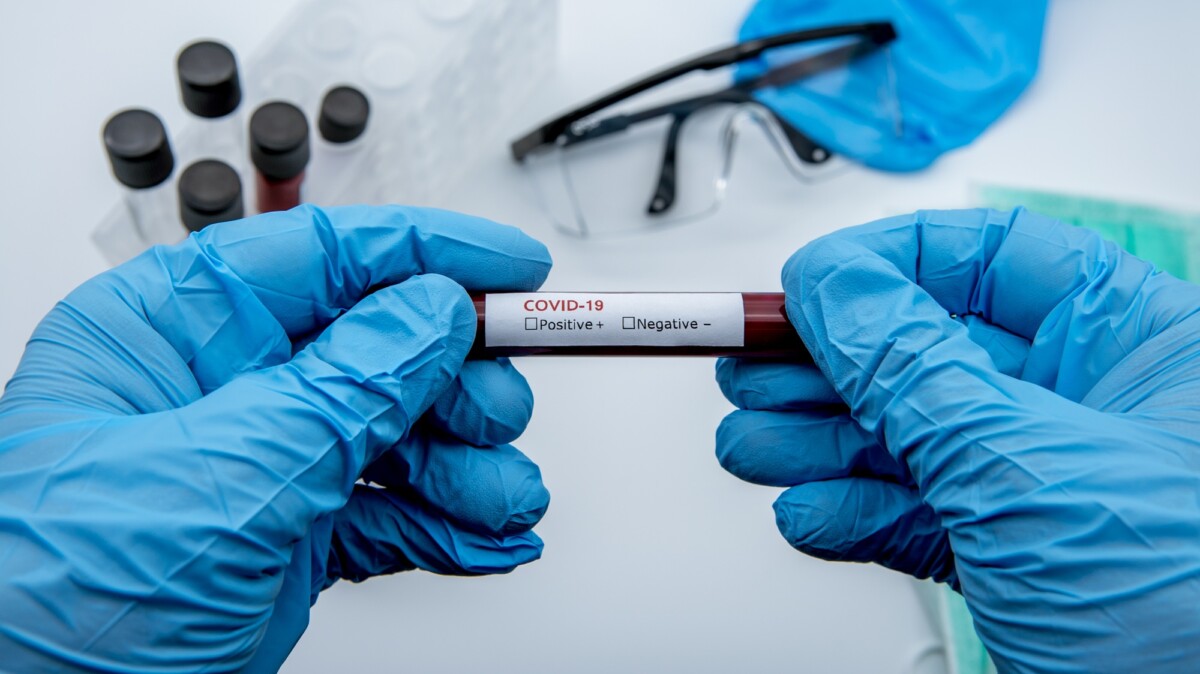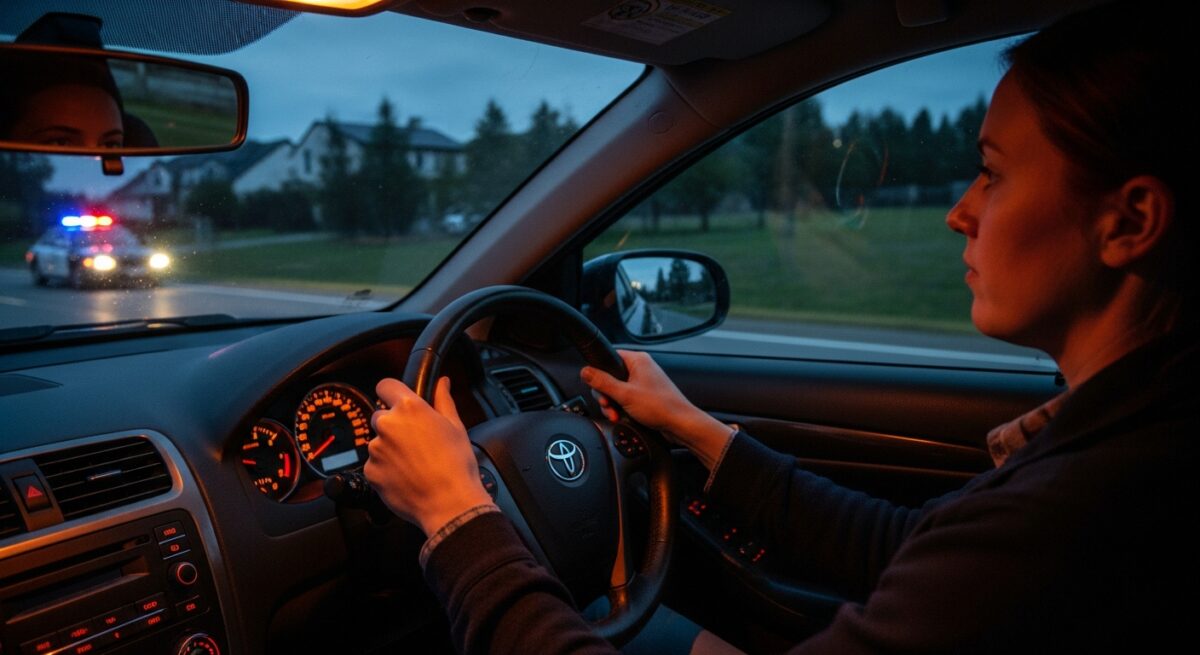What Happens If I Refuse a Breath or Blood Test for DUI

Refusing a breath or blood test during a DUI stop might seem like a way to avoid trouble, but it triggers immediate legal consequences. Knowing these outcomes helps you make better decisions under pressure.
1. Automatic License Suspension
Most states enforce implied consent laws, meaning your license faces automatic suspension for refusal. For example, California imposes a 1-year suspension for first-time refusals.
2. Harsher Penalties Than a DUI
Refusal often brings stiffer fines, longer suspensions, or even mandatory jail time. Florida, for instance, charges a $500 fine for a first refusal—sometimes worse than a first DUI conviction.
3. Refusal Used as Evidence
Prosecutors may claim you refused because you were guilty. While not definitive proof, it strengthens their case. Hiring a DUI attorney immediately helps challenge this argument.
4. Possible Forced Blood Test
With a warrant, police can forcibly draw blood—common in injury/fatality accidents. Understanding your rights beforehand is critical.
5. Protracted Legal Battles
Refusals often mean more court dates and aggressive charges. A DUI lawyer can expedite the process and safeguard your rights.
6. Skyrocketing Insurance Rates
Insurers may label you high-risk, doubling or tripling premiums for years. Early rate shopping can mitigate costs.
7. Mandatory Ignition Interlock
Many states require these devices (with installation/maintenance fees) even without a conviction, adding daily inconvenience.
Action Steps If You Refused
- Stay calm during the stop—hostility worsens outcomes.
- Request a lawyer immediately.
- Document details (officer conduct, timestamps) for your defense.
- Act fast—appeal deadlines for suspensions are often short.
Refusal complicates your case but doesn’t guarantee dismissal. The right DUI attorney can navigate what happens if you refuse a breath or blood test for DUI and minimize long-term damage.
Learn Your Rights After a DUI Test Refusal: Get a free consultation to understand the legal consequences of refusing a breath or blood test.
Can You Legally Refuse a DUI Test? Understanding Your Rights
Knowing your rights during a DUI stop is crucial. While you can refuse a breath or blood test, consequences vary by state and are often severe due to implied consent laws – the legal agreement you make when obtaining a driver’s license.
Consequences of Refusal
Refusing a DUI test typically triggers:
- Automatic license suspension (6-12 months in most states)
- Hefty fines and mandatory classes
- Possible jail time for repeat offenses
- Your refusal used as evidence in court (prosecutors may claim guilt)
When Refusal Might Be Strategic
In rare cases, refusal could help if:
- Officers violated procedures (failed to read rights)
- Medical conditions make testing unsafe
- Equipment was faulty (uncalibrated breathalyzer)
- Stop was unlawful (no probable cause)
However, these require immediate action from a skilled DUI defense attorney.
What to Do During a DUI Stop
- Ask if testing is mandatory (some states require blood tests after accidents)
- Request an attorney immediately
- Document everything: officer’s behavior, time, whether consequences were explained
After Refusing a Test
- Record all details (time, location, officer information)
- Request a DMV hearing (typically within 10-30 days)
- Contact a lawyer immediately to challenge the refusal
How Courts Handle Refusals
While prosecutors use refusals as evidence of guilt, a good attorney can:
- Challenge the stop’s legality
- Prove improper procedure
- Show you weren’t properly informed of consequences
Refusing a DUI test is risky – while it may limit evidence, penalties are severe. The safest approach is requesting an attorney immediately. Remember, officers can still arrest based on other evidence like slurred speech or swerving. For repeat offenses or high BAC suspicions, consulting a DUI lawyer is absolutely critical.
Facing DUI Test Refusal Charges? Speak directly with a DUI attorney or call 833-279-1850 for immediate legal help.
How Does Refusing a DUI Test Impact Your License and Legal Case?
Refusing a breath or blood test during a DUI stop might seem like a way to avoid trouble, but it can actually make things worse for your license and legal case. Understanding the consequences helps you make smarter choices if you’re ever in this tough spot.
Immediate License Consequences
When you refuse a DUI test, most states automatically penalize your driver’s license. Here’s what often happens:
- Suspension: Your license could be suspended immediately, sometimes for up to a year.
- Fines: You might face hefty fees just for refusing.
- No Driving: In some states, you won’t even get a temporary permit to drive to work or school. For example, in California, refusing a test leads to a one-year license suspension, even if you’re not convicted of DUI. That’s why it’s crucial to know your state’s rules before making a decision.
How Refusal Affects Your Legal Case
While refusing a test might limit the evidence against you, it doesn’t mean you’re off the hook. Prosecutors can still use your refusal against you in court. Here’s how:
- Implied Guilt: Judges or juries might see your refusal as an admission you were drunk.
- Other Evidence: Officers can rely on things like erratic driving or slurred speech to build a case.
- Harder Defense: Without test results, your attorney has fewer ways to challenge the evidence. Imagine you’re pulled over for swerving, and you refuse the test. The officer’s dashcam footage of your driving could still be enough to convict you.
What You Should Do Next
If you’ve already refused a test, don’t panic—but act fast. Here are your best steps:
- Contact a DUI attorney: A skilled lawyer can help minimize penalties or fight the suspension.
- Request a hearing: Many states give you a short window (often 10 days) to challenge the license suspension.
- Gather details: Write down everything you remember about the stop—it could help your case. For instance, if the officer didn’t properly explain the consequences of refusing, your attorney might use that to argue for lesser penalties.
Refusing a breath or blood test isn’t a simple way out. It can lead to serious license penalties and even strengthen the case against you. If you’re facing this situation, consulting the best attorney ASAP is your smartest move.
Protect Your Driver’s License: Discover your options after a DUI breath or blood test refusal.
Need Help After Refusing a DUI Test? How LegalCaseReview Can Support You
Refusing a breath or blood test during a DUI stop can leave you feeling overwhelmed. While it may seem like avoiding evidence, refusal often triggers automatic penalties like license suspension. legalcasereview helps you navigate these consequences by connecting you with experienced DUI attorneys who understand what happens if you refuse a breath or blood test for DUI. legalcasereview
Why Legal Help Matters Immediately
Refusing a test doesn’t make the situation disappear – it creates new legal hurdles. A skilled lawyer can challenge improper stops, question probable cause, and protect your driving privileges before deadlines pass. legalcasereview matches you with the best DUI attorneys who specialize in refusal cases.
How LegalCaseReview Supports You
- Free Case Review: Get matched with refusal specialists
- Strategy Guidance: Learn whether to fight or negotiate
- Paperwork Help: Handle missed DMV hearings or appeals
For example, attorneys often challenge whether officers properly explained your rights before the refusal.
Choosing the Right Attorney
Ask potential lawyers:
- Their experience with refusal cases
- Strategies for license suspension hearings
- Options to reduce penalties
Avoid lawyers who make unrealistic promises or pressure quick pleas.
The Bigger Consequences
Beyond immediate penalties, refusals can:
- Skyrocket insurance costs
- Appear on employment checks
- Worsen future DUI charges
legalcasereview’s attorneys help minimize these long-term impacts.
Protect Yourself Now
- Document everything from your stop
- Stay off social media about the case
- Get early legal advice – timing is critical
Contact legalcasereview today for a free consultation to start building your defense and protecting your future.
Need Legal Help for DUI Test Refusal? Contact us at 833-279-1850 or connect with a DUI lawyer today.
FAQs: Refusing a Breath or Blood Test for DUI
-
What happens if I refuse a breath or blood test during a DUI stop?
Refusing a test usually results in immediate driver’s license suspension and can lead to additional penalties, even if you are not convicted of DUI5678. -
What is implied consent?
Implied consent laws mean that by driving, you automatically agree to submit to chemical testing if lawfully arrested for DUI67910. -
Will refusing a test prevent a DUI conviction?
No. Prosecutors can use other evidence, such as officer observations and field sobriety tests, and your refusal can be used against you in court5678. -
Are penalties for refusing a test worse than failing one?
In many states, penalties for refusal can be as severe or worse, including longer license suspensions and higher fines569. -
Can I challenge a license suspension after refusing a test?
Yes, you may request an administrative hearing to contest the suspension, but deadlines are strict79. -
Can the police force me to take a blood test if I refuse?
In some cases, law enforcement can obtain a warrant to compel a blood test, especially if there are aggravating factors9. -
How long will my license be suspended for refusing a test?
Suspension periods vary by state but can range from several months to multiple years, especially for repeat refusals589. -
Does refusing a test affect my insurance rates?
Yes, both a DUI charge and a test refusal can significantly increase your insurance premiums or result in policy cancellation8. -
What should I do if I refused a breath or blood test?
Contact a DUI attorney immediately or call 833-279-1850 to discuss your defense options. -
Where can I get more information or legal help?
Get a free case review or call 833-279-1850 for guidance from an experienced DUI lawyer.


